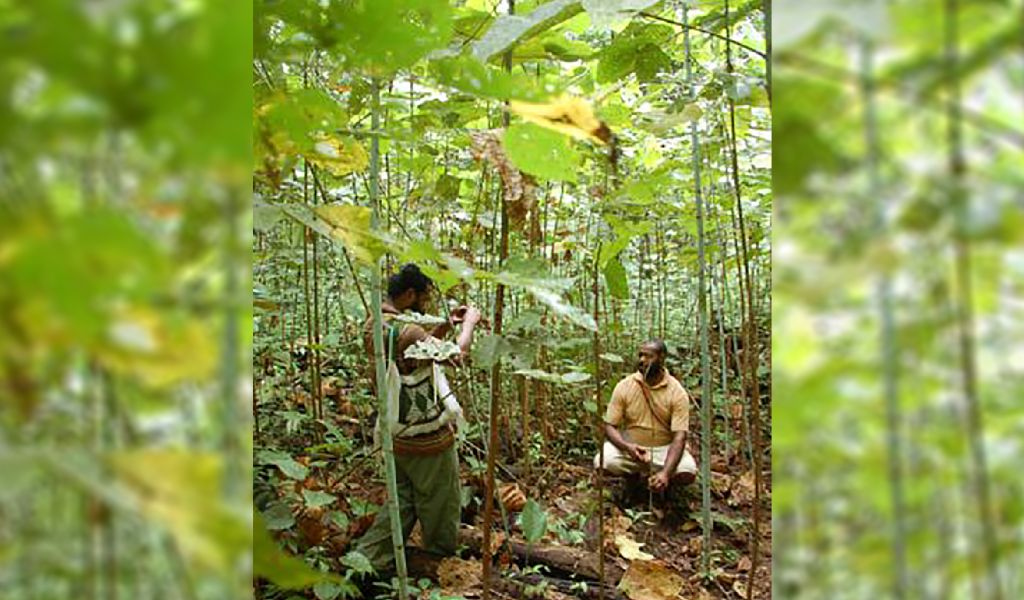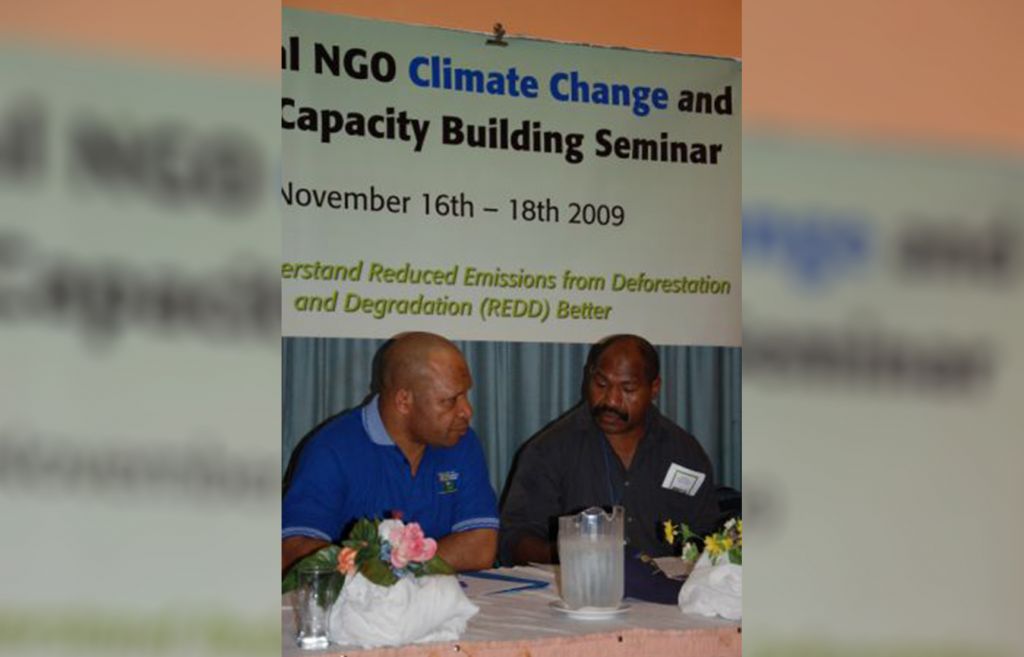PNG Takes Spotlight in REDD Debate

Papua New Guinea plays a central role in the ongoing saga of REDD. As a founding member of the Coalition for Rainforest Nations and the instigator, along with Costa Rica, of discussions on RED (then a simpler, deforestation-only, single D idea) at COP 11, PNG is unaccustomed to such prominence in global political debate. The country’s image was further burnished by the interjection of Kevin Conrad in Bali two years ago, when he captured the frustration of the world with the stonewalling US delegation: “If, for some reason, you are unwilling to lead…please, get out of the way.”
Mr Conrad may have become something of a pin-up for followers of the climate negotiations, but it seems that the PNG delegation has lost the faith of its constituency back home. A meeting of rural landowners and civil society groups called by the Eco-Forestry Forum (EFF) last month concluded that the Government was “unprepared” for COP 15.

REDD dominates PNG’s agenda at the conference, but recent activities of ‘carbon cowboys,’ seemingly egged-on by individuals in the Government department responsible for regulating carbon trading, have undermined PNG’s claim to leadership in this field. See this article for more details.
Communities in PNG are uniquely vulnerable to the unsolicited approaches of short-term profit-seekers such as the Australian companies involved in this scandal. Although 97% of the nation’s forests are under the full legal ownership of local communities, they suffer from a clear disadvantage in terms of their access to information on REDD and carbon markets. ‘Carbon rights’ are interpreted locally in much the same way as logging rights or land rights and thus they are viewed by many local people, particularly those in elite positions, as an opportunity to cash in on ‘sky money.’
What role can the PNG Government play to even up this information imbalance? Can discussions in Copenhagen help to prevent the proliferation of carbon scams, which could seriously undermine the development and credibility of a UNFCCC-sanctioned REDD mechanism? Thomas Paka and Kenn Mondiai of EFF are attending COP15 and will work hard to bring these issues to the fore over the coming two weeks.
Ben Vickers, RECOFTC - The Center for People and Forests

